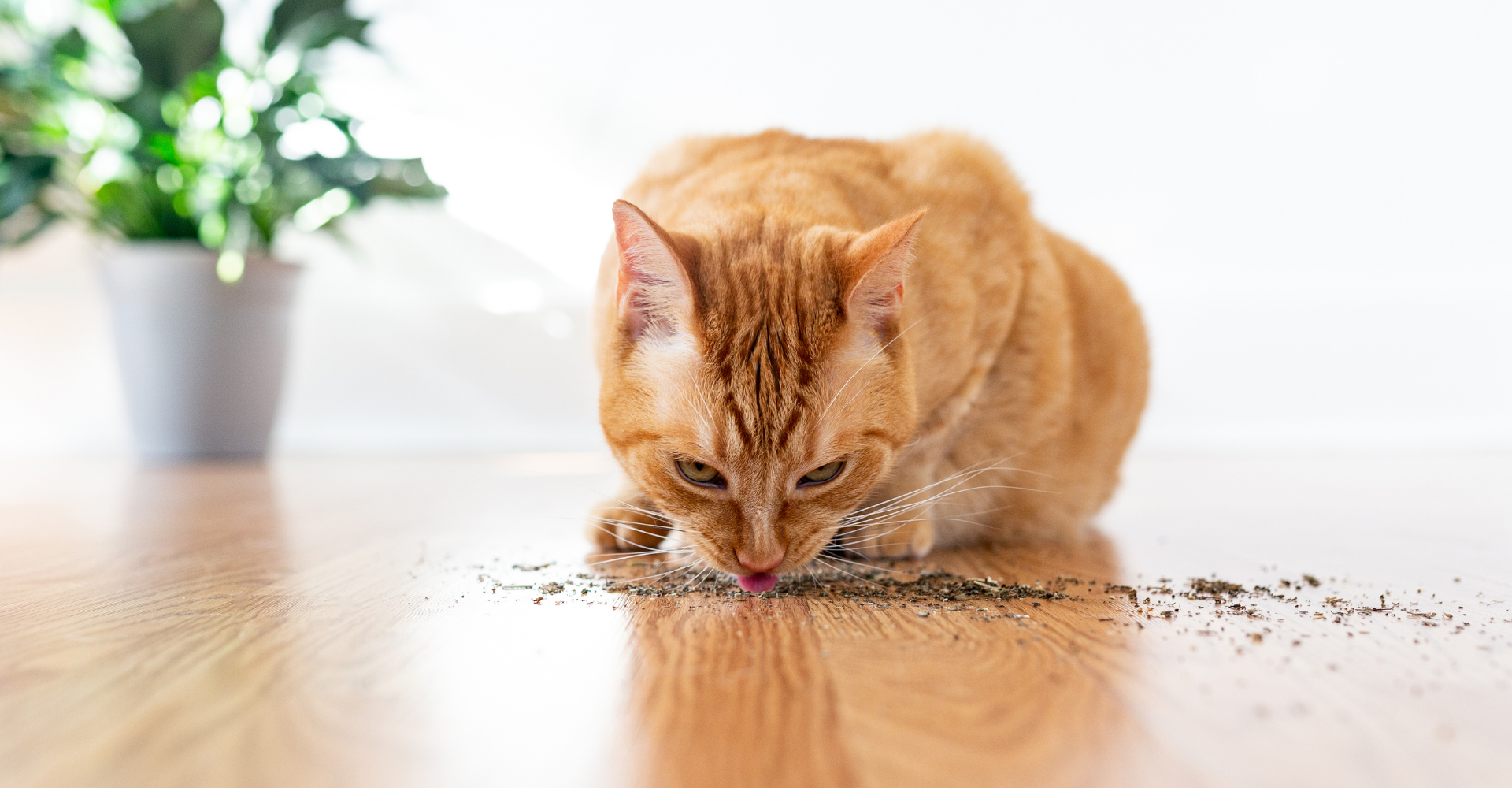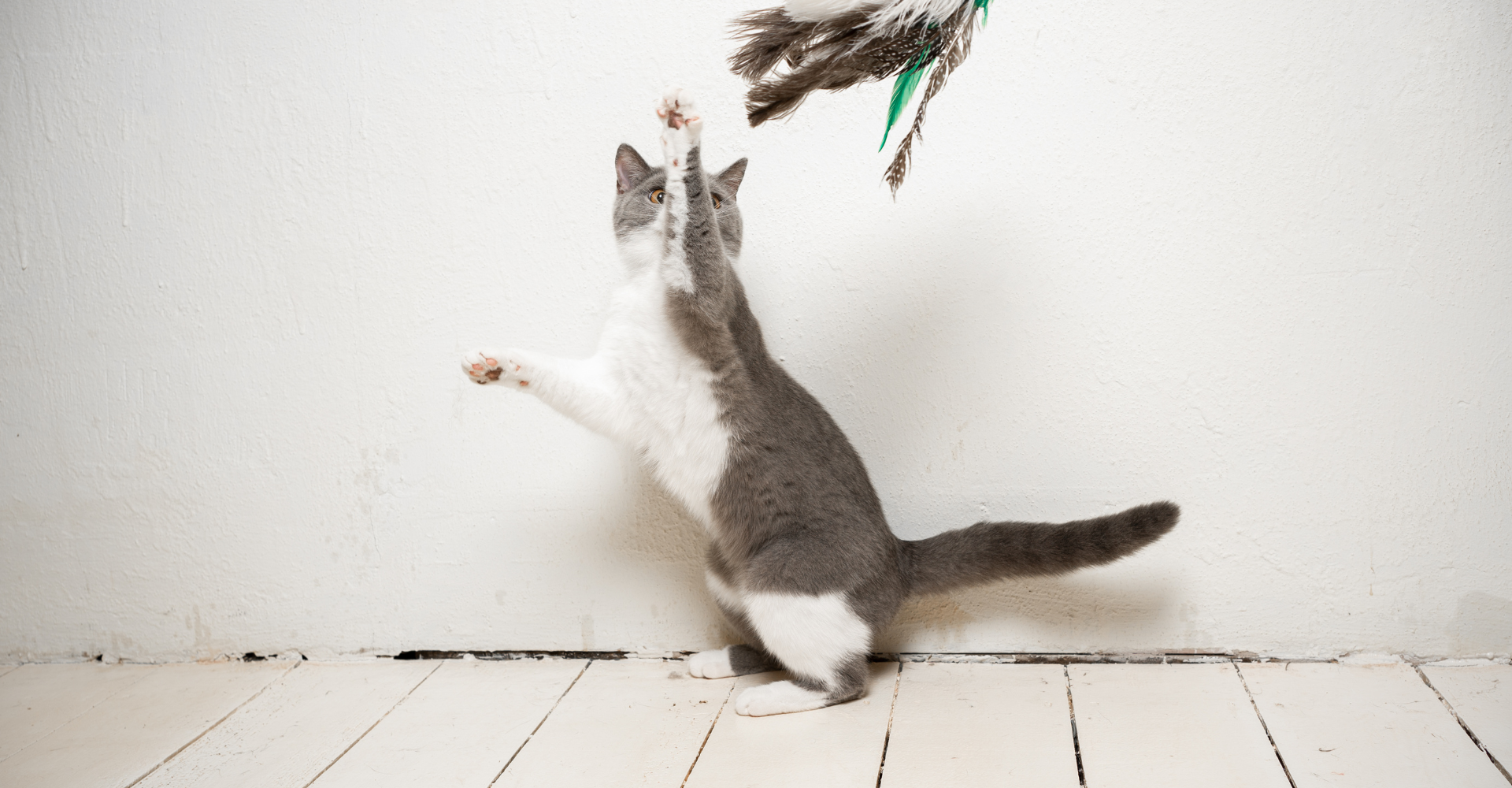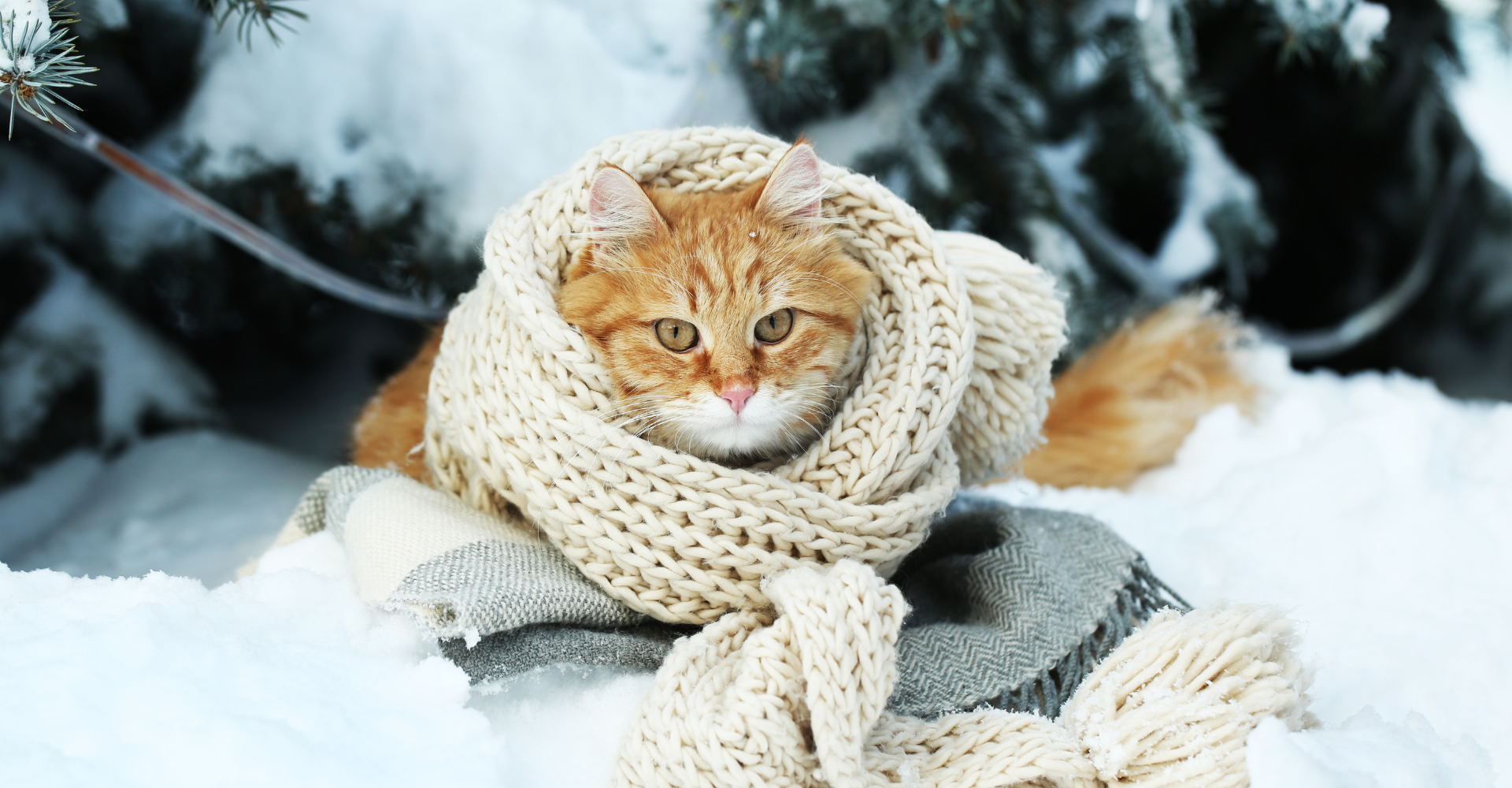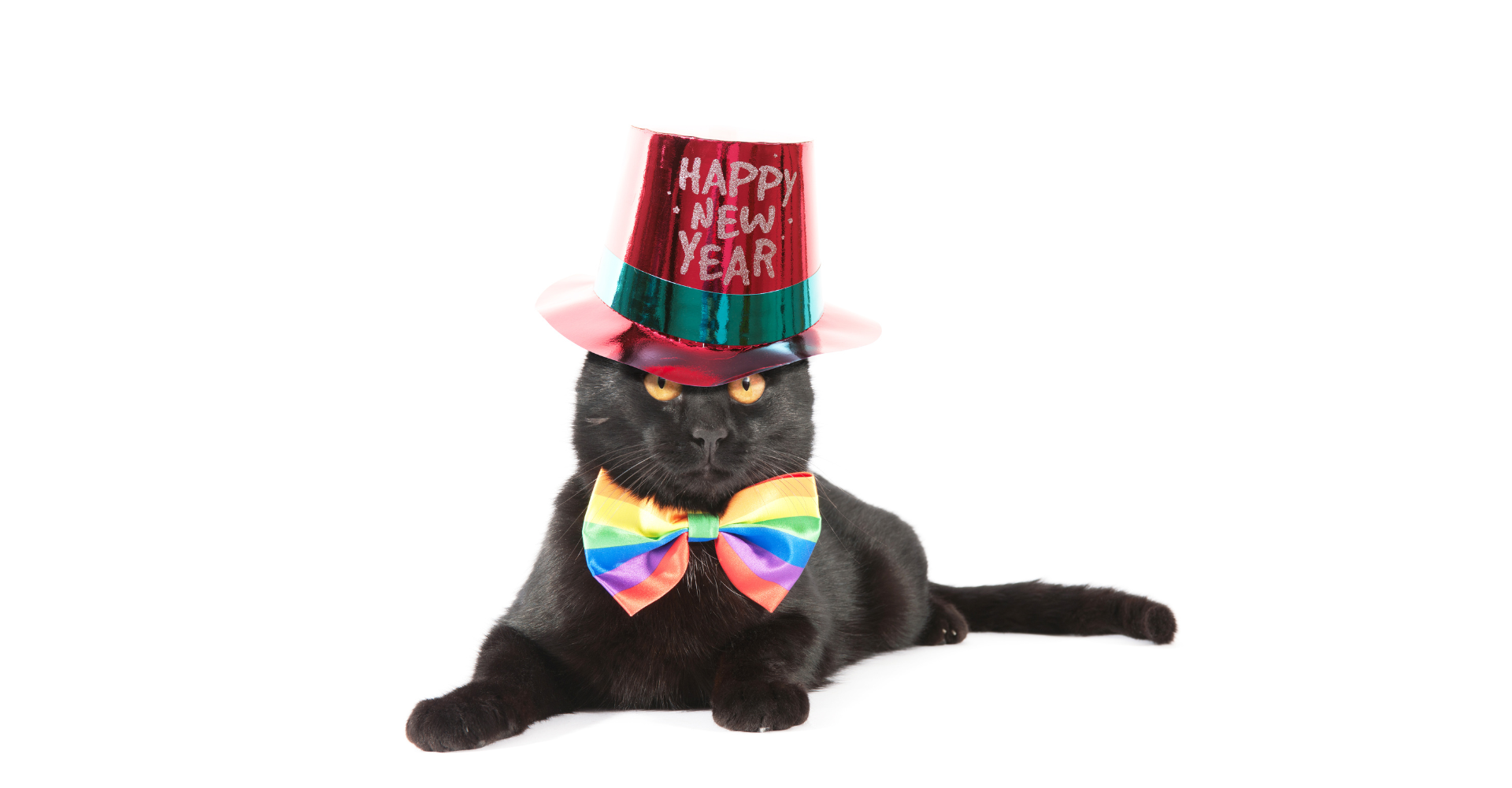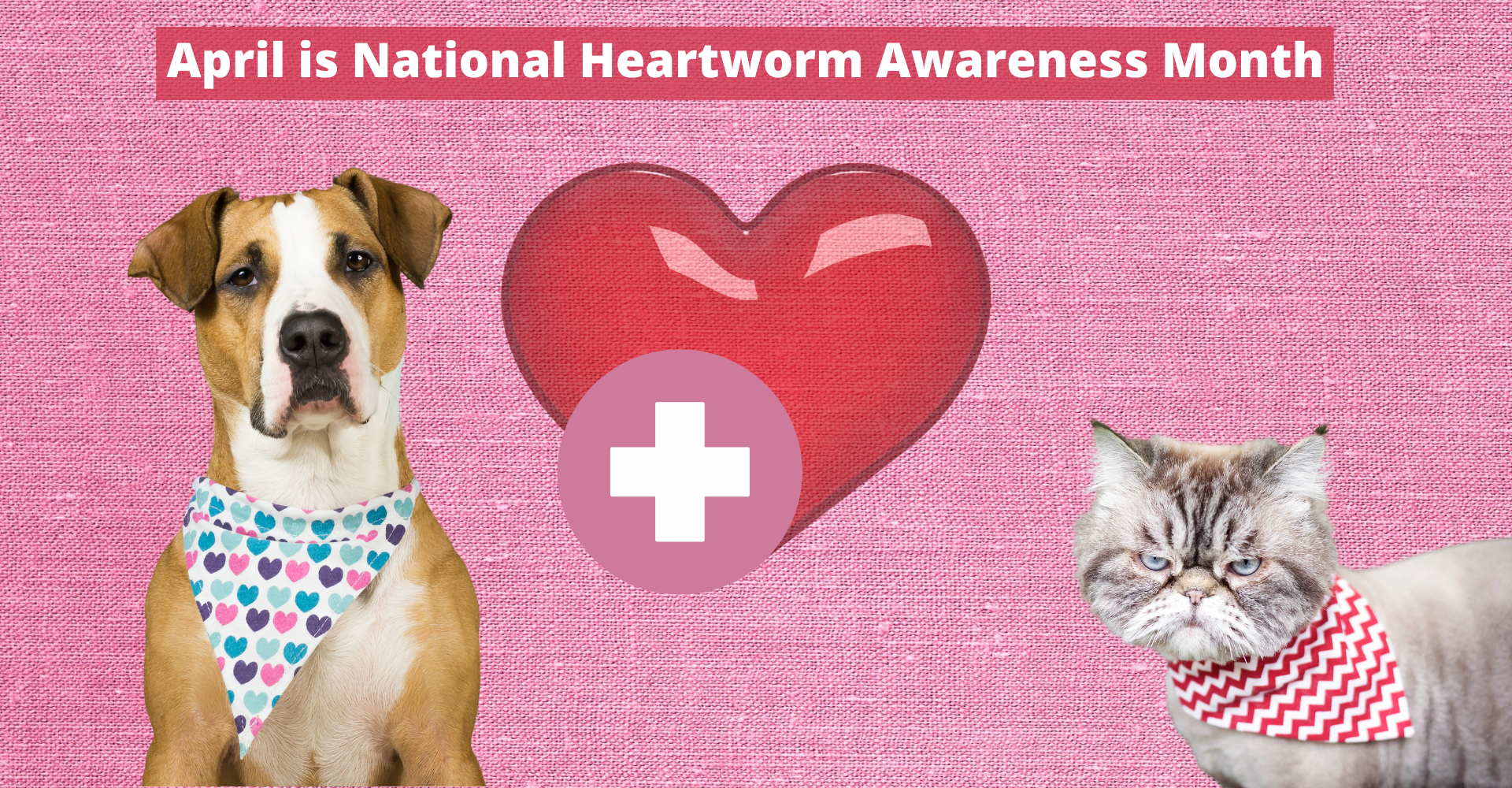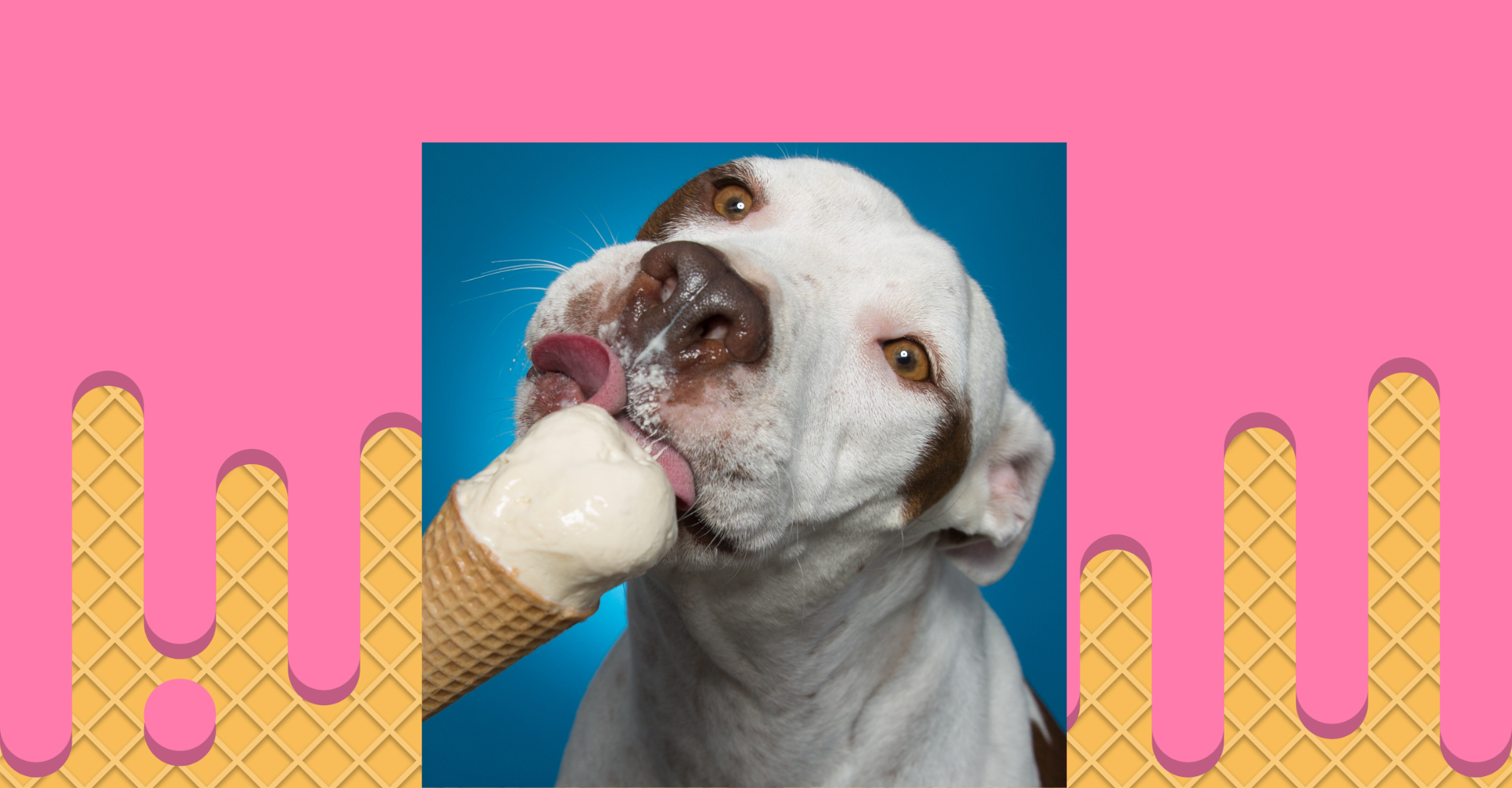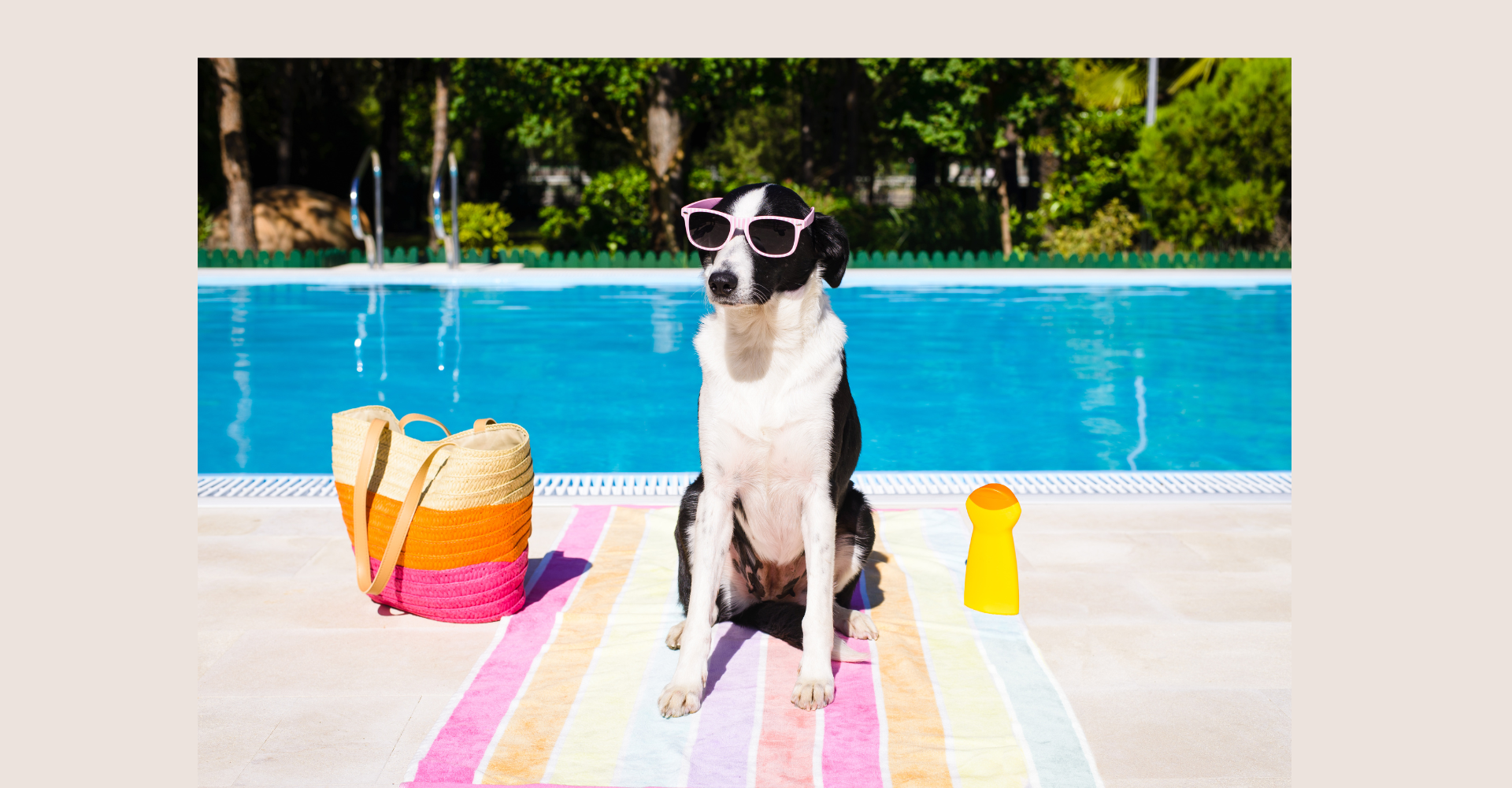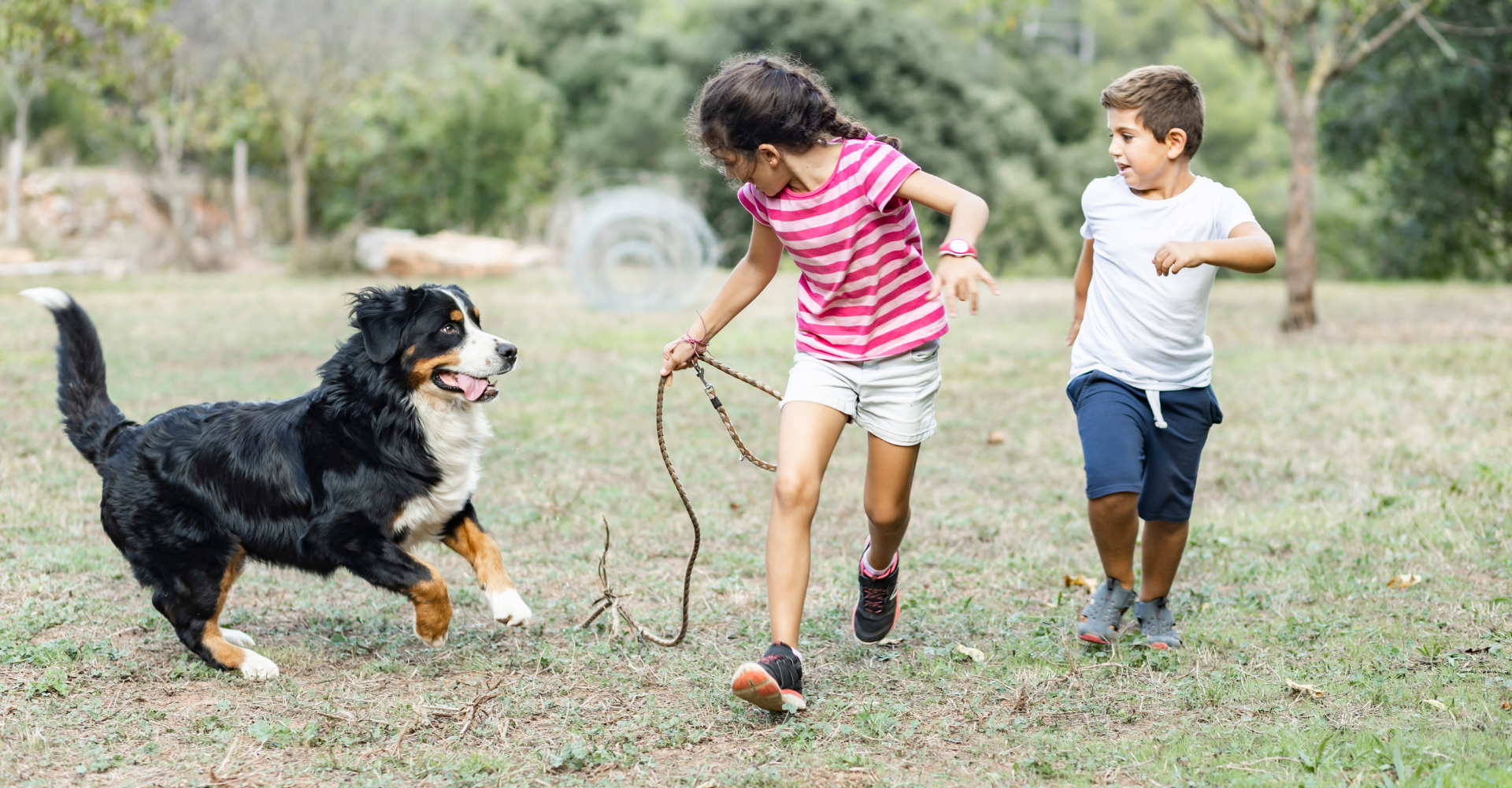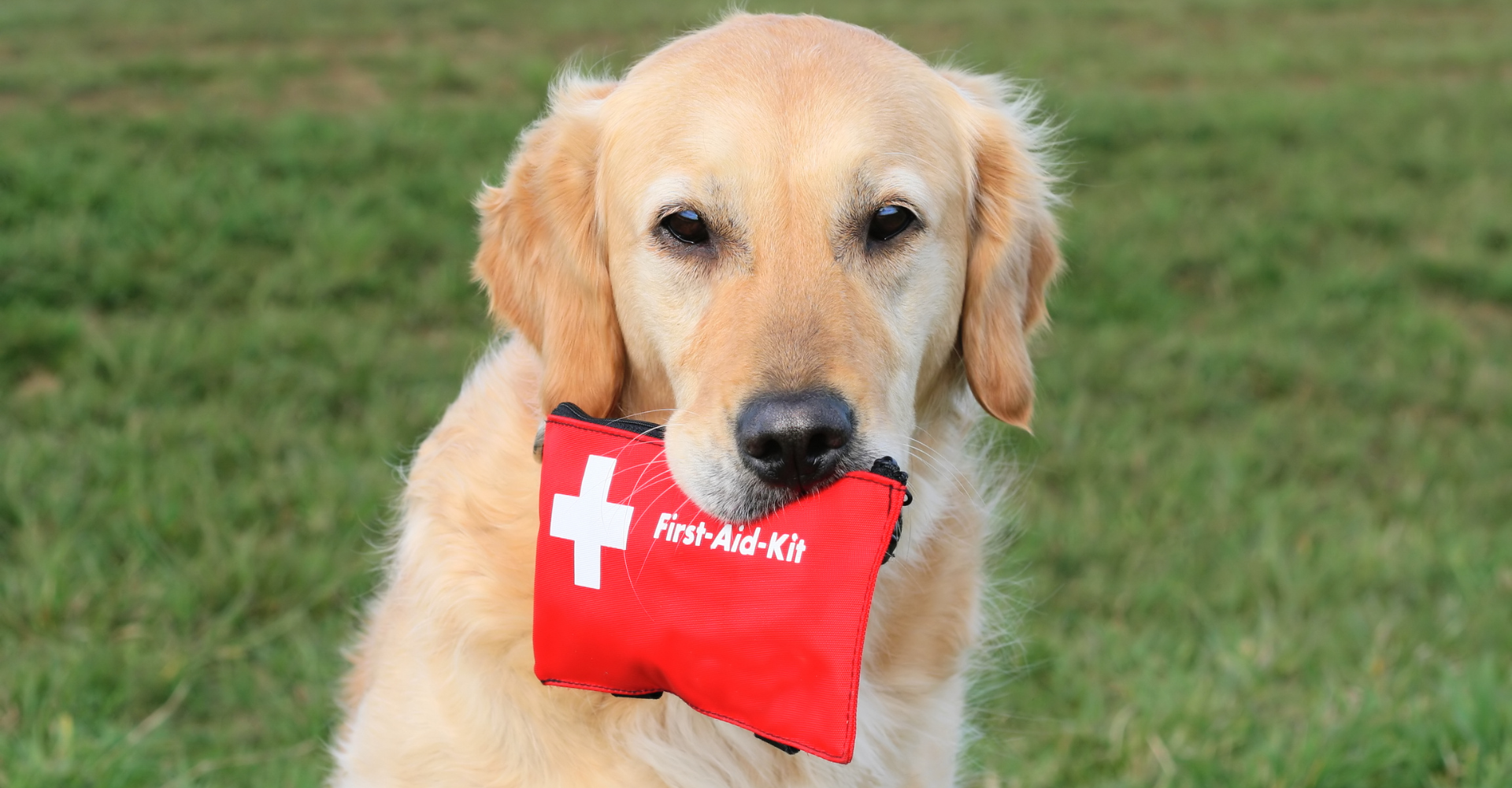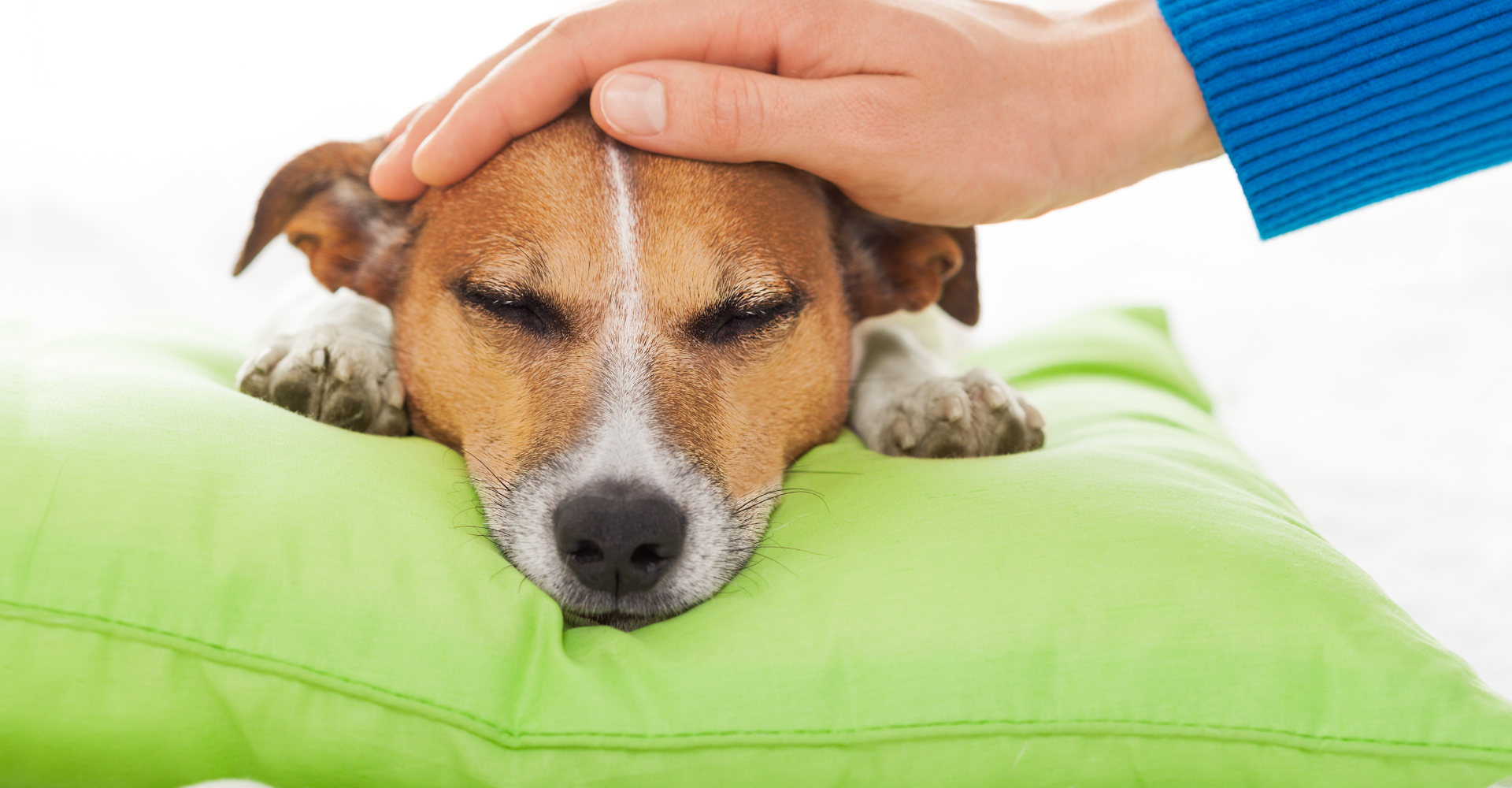Jan
28
2024
If you've ever caught your dog licking the air seemingly out of nowhere, you're not alone. This curious behavior, while amusing to watch, often leaves pet owners puzzled and wondering about its underlying cause. In this blog post, we'll delve into the intriguing world of canine behavior and explore the reasons why dogs engage in the peculiar habit of air licking.
1. Sensory Exploration:
One possible explanation for why dogs lick the air is that they are engaging in sensory exploration. Dogs rely heavily on their sense of smell to interpret the world around them, and licking the air may be a...
Jan
20
2024
As the seasons shift and winter settles in, humans aren't the only ones affected by the changes in weather and daylight. Our canine companions also experience shifts in mood and behavior in response to the colder temperatures, shorter days, and other seasonal factors. Understanding the psychology of winter and its impact on your dog's mood can help you provide the support and care they need to thrive during the colder months. In this blog post, we'll explore how seasonal changes affect your dog's mood and what you can do to help them stay happy and healthy throughout the winter season.
1....
Jan
19
2024
Catnip, with its magical allure and undeniable effect on cats, has long fascinated both pet owners and scientists alike. But what exactly is catnip, and why do cats go wild for it? In this blog, we'll delve into the fascinating world of catnip, exploring its effects on cats, the science behind its allure, and how cat owners can use it to enrich their feline companion's environment.
Understanding Catnip:
Catnip, scientifically known as Nepeta cataria, is a member of the mint family and contains a compound called nepetalactone. This compound is found in the leaves, stems, and seeds of the catnip plant and...
Jan
17
2024
As winter settles in and outdoor adventures become limited, it's crucial to remember that indoor cats still need plenty of opportunities for physical and mental stimulation. Interactive play isn't just a way to pass the time—it's essential for your cat's overall well-being. In this blog, we'll explore the myriad benefits of interactive play for cats.
The Importance of Interactive Play:
Physical Exercise: Just like humans, cats need regular exercise to stay healthy and maintain a healthy weight. Interactive play sessions provide an outlet for cats to burn off excess energy, stretch their muscles, and improve their agility and coordination.
Mental Stimulation: Cats are...
Jan
10
2024
Today is THE day to get back to tending to, and loving your houseplants. And, it’s also a day to appreciate just how special and important they are. They are therapeutic, lifting your mood and outlook. They add warmth and a calming effect. If you are a gardener, they give you an opportunity to play in the dirt, until spring arrives in the far, distant future.
Better yet if you don’t have a houseplant go get one.
The following plants are non-toxic to both cats and dogs:
1. Blue Echeveria2. Bamboo3. Areca or Golden Palm4. Burro’s Tail or Lamb’s Tail5. Christmas Cactus6. Cliff Brake or Button Fern7. Hens and Chicken8. Pearl...
Jan
08
2024
As winter blankets the world in frosty hues, it's essential to remember that our feline companions need extra care and attention during the chilly months. While cats have built-in fur coats, they still require special considerations to stay warm, happy, and healthy throughout the winter season. Here are some winter care tips to keep your beloved cat safe and comfortable during the coldest time of the year:
1. Create a Warm and Cozy Indoor Environment: Ensure that your home provides a warm and cozy sanctuary for your cat during the winter months. Keep the indoor temperature comfortably regulated, especially in areas...
Jan
03
2024
As we bid farewell to the old year and embrace the new, it's the perfect time to reflect on ways we can enhance the lives of our beloved feline companions. New Year's resolutions aren't just for us humans; they can also benefit our whiskered friends. So, if you're a cat owner looking to make positive changes in 2024, here are some purr-fect resolutions to consider:
1. Prioritize Regular Veterinary Check-ups: Just like us, cats need regular health check-ups to ensure they're in optimal condition. Make a commitment to schedule annual vet visits for your feline friend. These check-ups not only help...
Apr
04
2022
1. Preventative Medicine
The American Heartworm Society and many veterinarians recommend year-round preventative medication.
Medications can be administered orally or topically, and prevention is far more effective and less costly than treatment if your dog is diagnosed with heartworm. But, remember that preventives are not used to kill the adult worm and some can cause severe problems if given to animals with adult heartworms. You should follow the recommendations of your veterinarian prior to giving the preventive product.
2. Keep Your Home & Yard Mosquito Free
It may not be top of mind, but mosquitos can also be a threat in and around your own...
Jul
12
2021
With the summer approaching fast and bring in the heat, the local ice cream shop becomes the your favorite hang out. You might be wondering if it’s okay to buy your dog their own scoop.Ice cream isn’t a healthy snack for dogs. While the occasional small amount of vanilla ice cream probably won’t send your dog to the vet, ice cream shouldn’t be a regular treat for your dog. Most adult dogs can really handle lactose. This inability to deal with dairy can lead to bloating, gas, diarrhea, and vomiting. In most cases, your dog will probably just be a bit gassy.Dogs...
May
03
2021
National Pet Month, celebrated in May (in the U.S), aims to support pet adoption; make people aware of the mutual benefits of pets for people and people for pets; increase public awareness of services available from professionals who work with animals; and raise awareness of the role, value and contribution to society of working companion animals.
Check out more information on the Center for Disease Control and Prevention’s page Healthy Pets, Healthy People.
...
Apr
30
2021
May is Chip Your Pet Month, which is officially recognized by the American Kennel Club (AKC) and was made to educate responsible pet parents on the importance of microchipping your furry kid.
What is a Pet Microchip? A pet microchip is a tiny device, about the size of a grain of rice, that is implanted into an animal’s neck, just below the skin surface. The purpose of a microchip is to give your pet a unique identifier in the event they get lost. Microchips have helped bring pets back to their owners for years. When an animal has a microchip, it increases the chance of the owner being...
Jul
25
2015
Warm, sunny days of summer are prefect reason to spend even more time with your pet. Here are just a few things to be aware of to make those days a little safer.
1. Heat and sun exposure Dogs and cats become dehydrated quickly, so make sure they have access to plenty of fresh water and shade when outdoors. The American Kennel Club (AKC) recommends filling up an inflatable pool for your pooch if he or she is spending the day outside. If it’s over 80 degrees and/or humid, avoid long walks and asphalt or other hot surfaces, which can burn paw...
Jun
22
2015
Ice Cream, you scream we all bark or meow for ice cream! Lets face it we like to think our furkids deserve the saI lean more towards no.me treats we give ourselves. Many online articles say that a lick or to is just fine, but not a whole bowl of their own.
Many dogs and cats are lactose intolerant and that small ice cream cup can be big potty trouble later. If you most share (because those sad eyes are to irresistible), for the first time give them a small scoop and see how they react. Also be...
Jun
12
2015
Taking the furkids on a summer road trip is fun, but need some planning. They need their own stuff when they are on vacation. Lets face it, being prepared will make it more fun for you both. Here is a list of somethings to bring:Food and Treats – Traveling can be wary on your pets tummy, so make certain that you pack enough of their usual brand of food for the whole trip plus a little extra. For canned food – don’t forget the can opener!Drinking Water – If your pet’s stomach is easily upset, it pays to take drinking water from home...
Jun
01
2015
Somewhat inspired by a folk song of the same name, My Bucket’s Got a Hole in it Day, or MBGHD, does not dictate any formal observational traditions. We suggest putting a positive spin on a crisis, and taking the day to reflect on how things could be worse. Unless, of course, you’re a buck
...
May
27
2015
Spring is all about making a fresh start. Rituals to clear out the old and make room for the new as winter weather fades away. It’s important to recognize the potential toxic effects household cleaning products may have on our pets.
Our cats, dogs and other companion animals live in a shared environment with us and are exposed toxic substances we use inside and outside our homes. Residues from cleaning products can end up in their skin, coat, eyes, nose, and throat.
Ingestion of or contact with cleaning products can cause a variety of clinical signs in pets, including:
Sneezing
Coughing
Nasal and ocular (eye) discharge
Ptyalism (salivation)
Emesis (vomiting)
Diarrhea
Anorexia...
Oct
21
2014
I just learned that April is pet first aid awareness month. I started to think about what I could do be prepared if one of our fur kids needed some basic first aid. I took a look in our first aid kit and quickly saw that it came up short.
Everyone who owns a pet should have a first aid kit specifically for their pet. Now is the time to get it ready, before there is an emergency. Some suggest having one for home and one for traveling. One of the best places to store it would be with your human family’s kit....
Oct
17
2014
You know that it is bound to happen sooner or later, your doggie kid will get an upset stomach. It usually only last for a short amount of time, but as parents you want to help ease their tummy.
Here are 5 easy tips
Fast your dog. Remove their food bowl and limit their access to food. Let their stomach settle. This does not mean starve, but if the are vomiting everything you give them, give them a chance to rest. If they can not hold any food past 12 hours, consult your veterinarian.
Try some plain boiled rice and chicken, no spices...
Oct
10
2014
Cancer is the leading cause of death in cats and dogs. Early detection and treatment can increase their chance for survival. Ten possible warning signs include:
Lumps and Bumps – Not every lump is cancerous. It you notice a lump consult with your veterinarian. Monitor it for changes in size and color, you and your veterinarian can determine if a biopsy should be performed.
Abnormal Odors – Certain cancers, such as mouth, nose, and colon can produce foul and unusual odors.
Abnormal Discharges – Blood, pus,and prolonged vomit or diarrhea need to be check out by your veterinarian.
Wounds that Don’t Heal – Any wound that will not heal...
Aug
14
2012
August is know as the “Dog days of Summer”. Don’t forget your fur keeps need your help in keeping cool.
Keep water ready available for your pets. Make sure there water bowls are full and easily accessible. Try adding ice cubes to outside bowls to keep them cooler longer.
Take walks during cooler hours. If you have to go out during the peak heat time, take a shorter walk.
Move playtime to the shade and take lots of breaks to cool down.
Go for a swim.
...






